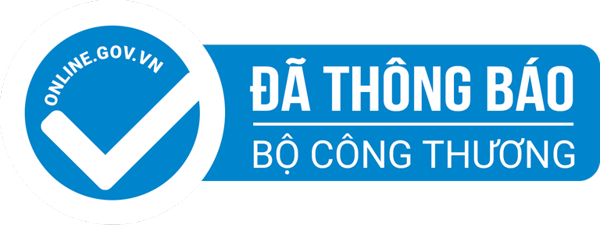OhLaww
New memberSeems like Bunpro finally gave up the answer, but there was a fun fact follow up:
Caution
Unlike な-Adjectives, い-Adjectives must never be followed by だ. This is due to だ only being able to conjugate with nouns (which な-Adjectives originally are). Instead, です is used with い-Adjectives to make them sound more polite.
Fun Fact
Although using です with い-Adjectives is very common, it is actually incorrect Japanese. As です is simply a polite variation of だ, it follows all of the same conjugation rules as だ. This means that it should only be attached to nouns and な-Adjectives. However, as most Japanese natives do not know this rule, it is widely considered natural to use.
alexandrutucan4
New memberOh!? Another new bit of information... for me- 有り難うございます!@OhLaww 様



Comment